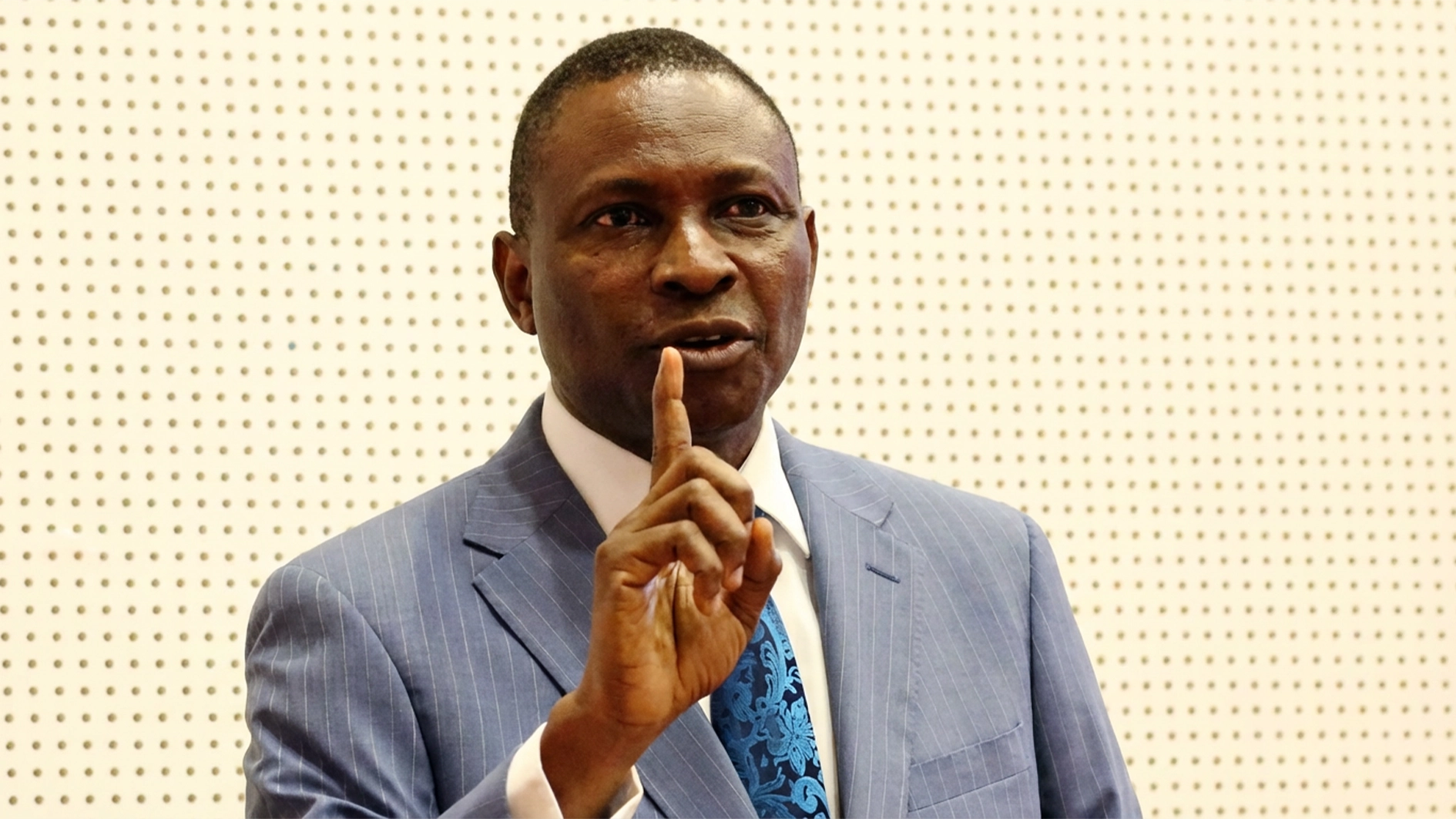The European Union and its partners have announced new steps to accelerate Nigeria’s digital transformation as stakeholders convened in Kano for the fifth Project Steering Committee meeting of the Digital Transformation Centre Nigeria and the launch of the Women Venture Studio Innovation Hub.
The initiative, funded by the European Union, BMZ Germany and the Kingdom of Denmark, and implemented by GIZ Nigeria, brought together representatives from government institutions, academia and the innovation ecosystem.
The gathering marked an important milestone in extending digital development efforts across more regions of the country.
Speaking at the meeting, the EU’s Head of Section for Green and Digital Economy, Inga Stefanowicz, stressed the importance of ensuring that the digital conversation remains national, not limited to one part of the country.
“We do not want this Steering Committee to remain only in Abuja,” she said. “That is why we have taken it across the country, from Lagos to Ibadan and now Kano. It is important to recognise the digital transformation happening here in the north alongside progress in other regions of Nigeria.”
Stefanowicz explained that the project forms part of a broader EU digital cooperation package valued at 820 million euros.
She confirmed that by 2025 a further 45 million euros will support ICT training under the 3MTT initiative, expand nationwide fibre connectivity and advance digital public infrastructure. “It has been three years of project implementation,” she said. “This was the first step. There is still progress ahead.”
Since its commencement, the Digital Transformation Centre has provided training and support to more than 5,300 Nigerians, including 2,060 women and 795 persons with disabilities. Beneficiaries have gained digital skills, access to start up support and entrepreneurship resources.
The programme is also piloting digital vouchers to help more individuals and businesses obtain essential technology. In addition, 40 start ups and MSMEs have received innovation support, while policy initiatives in four states are contributing to the reduction of digital gender gaps.
Representing the Director General of NITDA, Acting Director of Digital Literacy and Capacity Building, Dr Ahmed Yusuf Tambuwal, described the discussions as constructive and strategic. “We are here to review progress and to chart the way ahead,” he said.
“We have identified gaps and aligned priorities. Inclusion remains a commitment. We want a digital economy that works for everyone, especially women and persons with disabilities.”
From the academic community, Dr Victor Odumiuwa of the NITDA IT Hub reflected on the positive effects within the university system. “Many start ups have been supported, and many trainings have taken place,” he said. “This is helping us scale innovation within Nigerian universities.”
Looking forward, stakeholders agreed on key objectives for the next phase, including training an additional 5,800 young people, expanding green and digital skills programmes, strengthening ICT employability pathways and scaling interventions such as mentorship, job market integration and digital vouchers.






